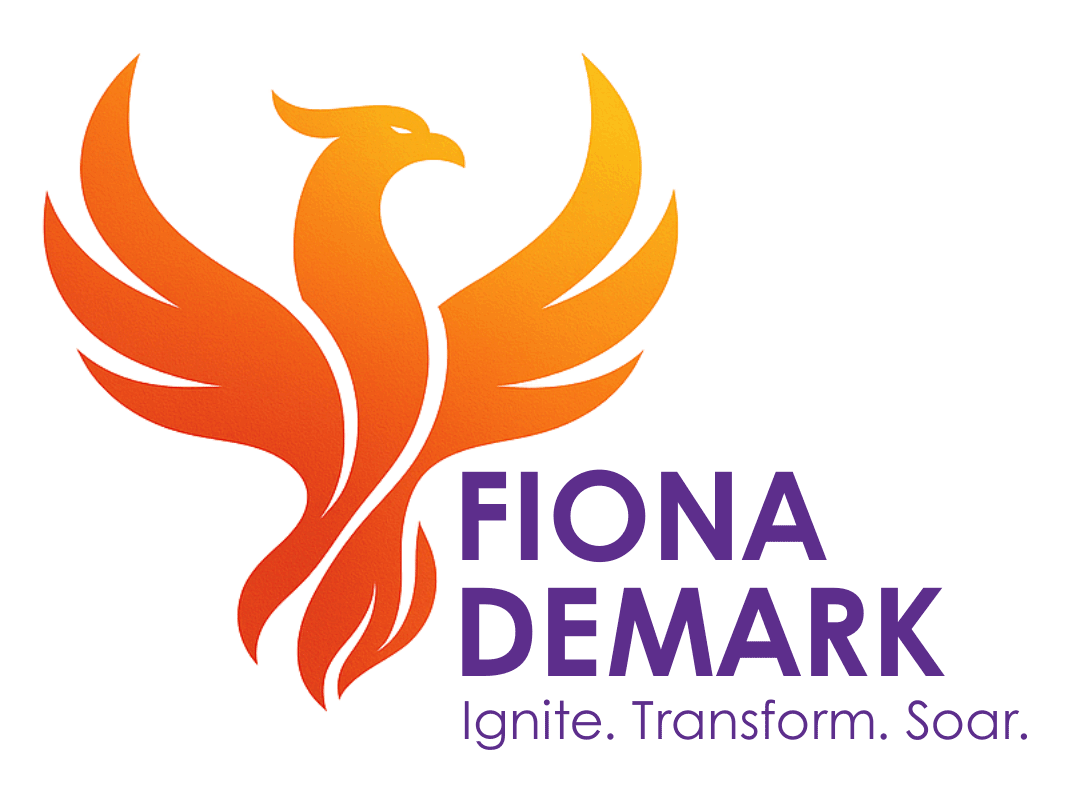Disability, Personal growth
Disability is Individual
Disability is Individual
In a world that champions diversity and inclusion, it’s crucial to remember that every person with a disability is unique. Disability is individual to the person with disability. While it may seem like common sense, the need to treat each individual as precisely that—an individual—is still a message that needs to be underscored.

Diverse Disabilities, Diverse Experiences
Disabilities encompass a wide spectrum, from physical and sensory impairments to intellectual and mental health conditions. No two disabilities are exactly alike, and even within the same category or diagnosis, there can be vast differences in experiences and capacities.
One Size Does Not Fit All
Approaching disability with a one-size-fits-all mindset can lead to oversights and misunderstandings. What works for one person may not work for another, even if they share a similar disability. It’s essential to tailor support and accommodations to each individual’s unique needs.

Respect Autonomy
People with disabilities, like anyone else, have their own preferences, goals, and boundaries. Respecting their autonomy means involving them in decisions about their care, support, and daily life. It means asking, listening, and learning from their experiences. There is a great motto that has been created “Nothing about us without us” and this speaks so true. Invite people with disability to the conversation.
Breaking Stereotypes
Stereotypes and assumptions about people with disabilities can be harmful and limiting. Assuming that someone with a disability is incapable of certain tasks or experiences can hold them back from reaching their full potential. Treat each person as an individual to break these barriers.

Celebrate Strengths and Abilities
Everyone has strengths and abilities, regardless of their disability. Focusing on these strengths rather than deficits can empower individuals and boost their confidence. Recognising and celebrating their unique talents can lead to personal growth and fulfillment.
Inclusive Language Matters
Language can shape perceptions. Using inclusive language that acknowledges the individuality of people with disabilities fosters a culture of respect and understanding. Avoid generalisations and stereotypes in your words and actions.

Promote Equal Opportunities
Equal opportunities mean considering each person’s abilities and potential. It’s about creating a level playing field where everyone can participate fully, whether it’s in education, employment, or community life.
By recognising and celebrating the uniqueness of each individual, we can create a world where people of all abilities can thrive and contribute their valuable perspectives and talents to society. Embrace diversity, and let us continue to learn, grow, and build a more inclusive world together.
If you would like to motivate your group by learning about Ability Thinking, book a discovery call with me now to discuss how I can teach your group to make the most of their abilities.

